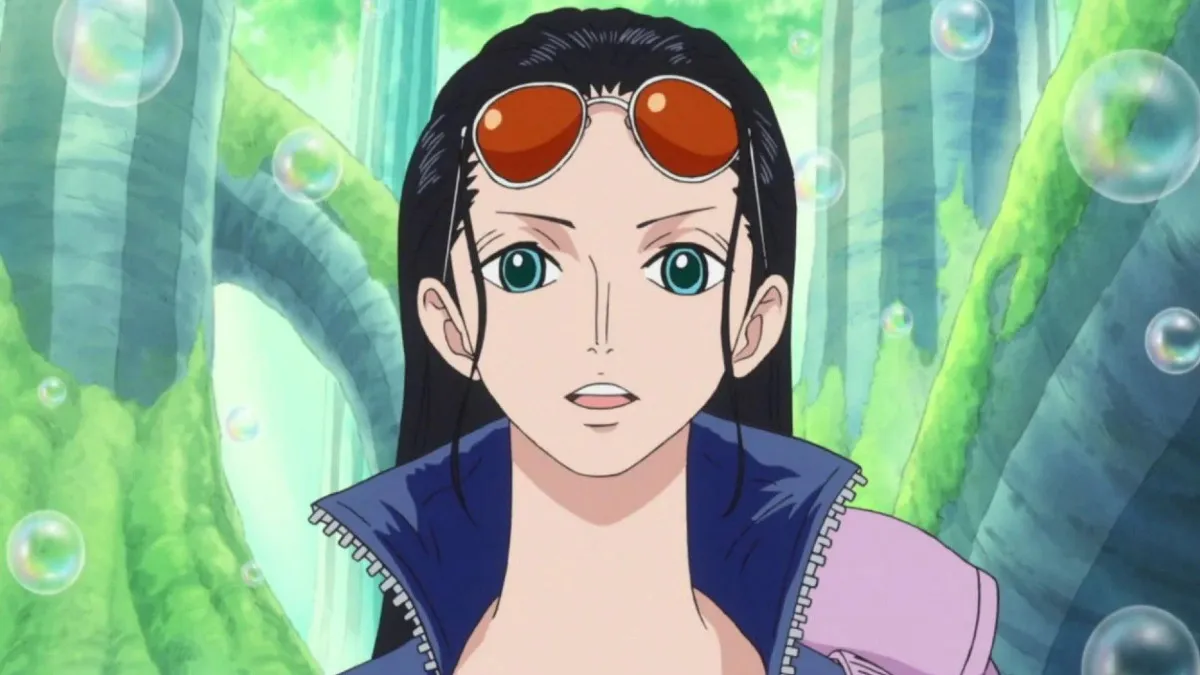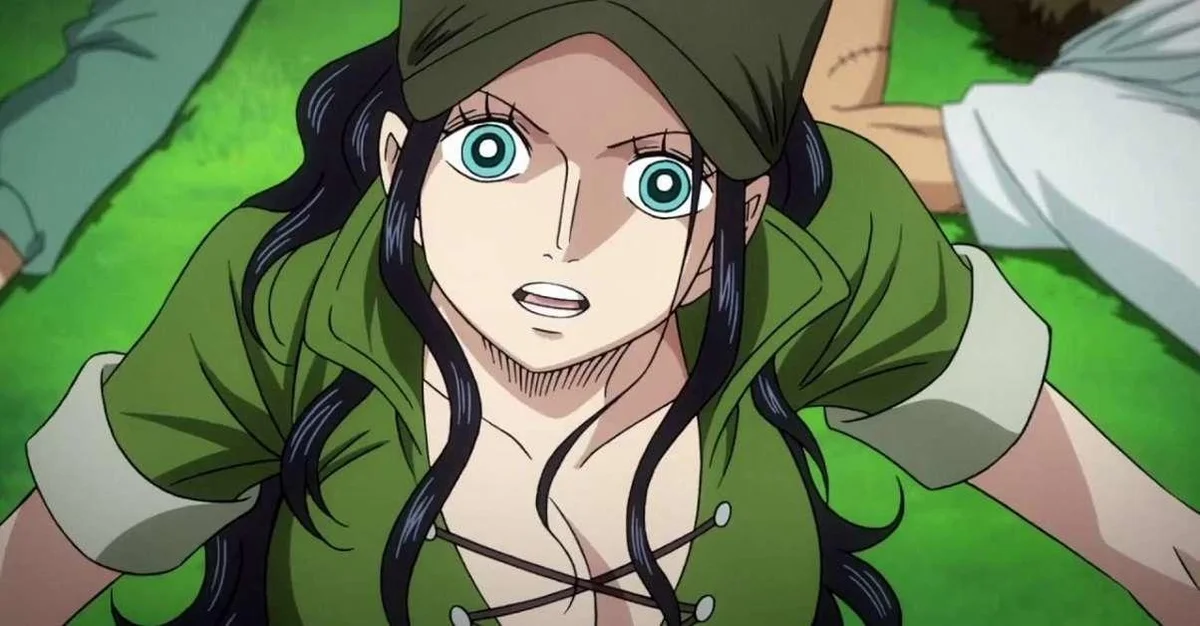Why Nico Robin’s “ethnicity” in ‘One Piece’ is so important

One Piece takes place in a fictional version of Earth. As surprising as it might be, our version of the world doesn’t have one giant line-shaped continent running through the middle of it like One Piece’s does.
Still, there are obvious parallels between One Piece’s fiction and our reality, thematically and otherwise, and one of the most hot-button discussions has become the Straw Hats’ “nationalities.”
Whenever a Straw Hat is cast in Netflix’s live-action adaptation of One Piece, the question of the Straw Hats’ nationalities resurfaces. The debate flared up online again when Russian-born actress and model Lena Abova was cast as Nico Robin. Many wondered if there was a basis for a Russian Robin.
While the Straw Hats’ nationalities should be taken with several grains of salt, there is a reason to cast someone of Russian descent for Robin, and that reason connects to the very themes of One Piece itself.
Why a Russian Robin is important to One Piece

One Piece mangaka Eiichiro Oda maintains an uncommonly close connection to the series’ fans through a section in each published volume of One Piece called the SBS. It’s basically a question-and-answer section, where Oda answers letters fans have written to him. In 2009’s volume 56, someone asked: “If One Piece was set in the real world, which countries would the nine Straw Hats come from?”
Oda answered the question for all of the Straw Hats. Some—like Franky being American—were obvious. But there were some surprises in there. One was the unfortunate statement that Usopp would be from “Africa.” Perhaps, at face value, the other surprise was that Nico Robin would be Russian.
But when you think about it, Robin being Russian makes a lot of sense. One Piece’s World Government is an authoritarian regime that has gone to genocidal lengths to stop people from accessing information about a period of history known as the Void Century. Robin is the only survivor of an island of scholars who studies the Void Century and is perhaps the only person in the world who can read the Poneglyphs, the keys to unlocking that history.
During One Piece’s time skip, Robin even joins the Revolutionary Army, which aims to take down the World Government. She earned a rather telling nickname: “the light of the revolution.”
Several posts on social media criticized Lena Abova’s casting, citing Russia’s war in Ukraine. I won’t give airtime to these criticisms, because people are not their governments. Russia, incidentally, has a long, storied history of revolution and resistance.
In fact, One Piece is about people rising against tyrannical, corrupt leaders and overthrowing them. Not only is a struggle against the World Government shaping up to be the main storyline of the entire series, likely connected to One Piece itself, but we’ve seen a more localized version in several arcs: Arlong Park, Drum Island, Dressrosa, and Wano all deal with overthrowing tyrants.
So Abova’s casting is inspired. The idea of revolution is baked into the very heart of One Piece, and Robin’s supposed “ethnicity” reflects that.
Have a tip we should know? [email protected]
